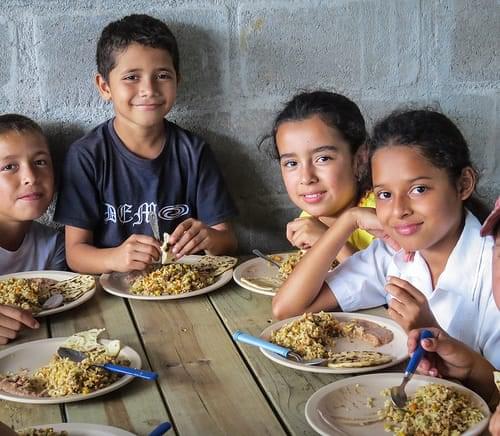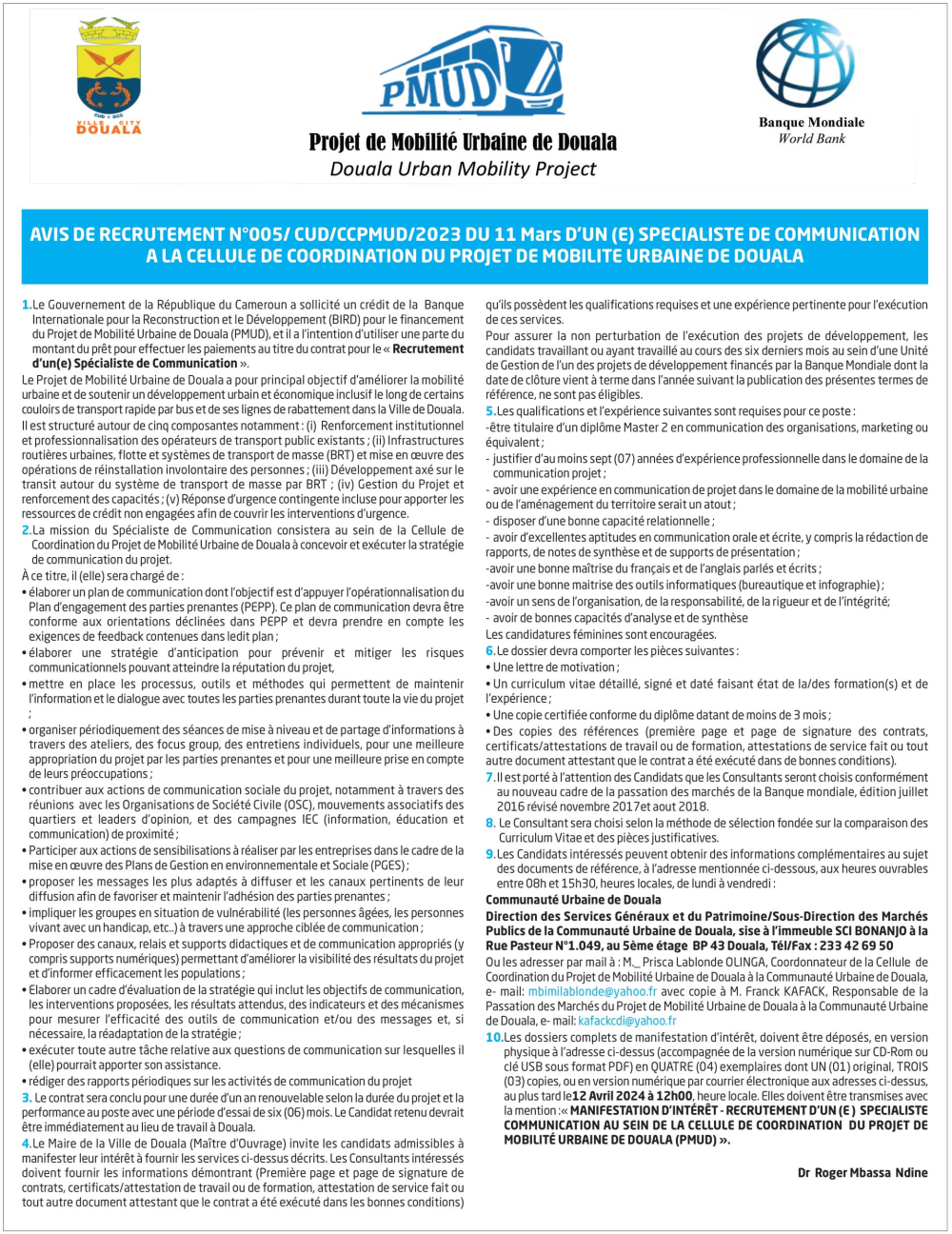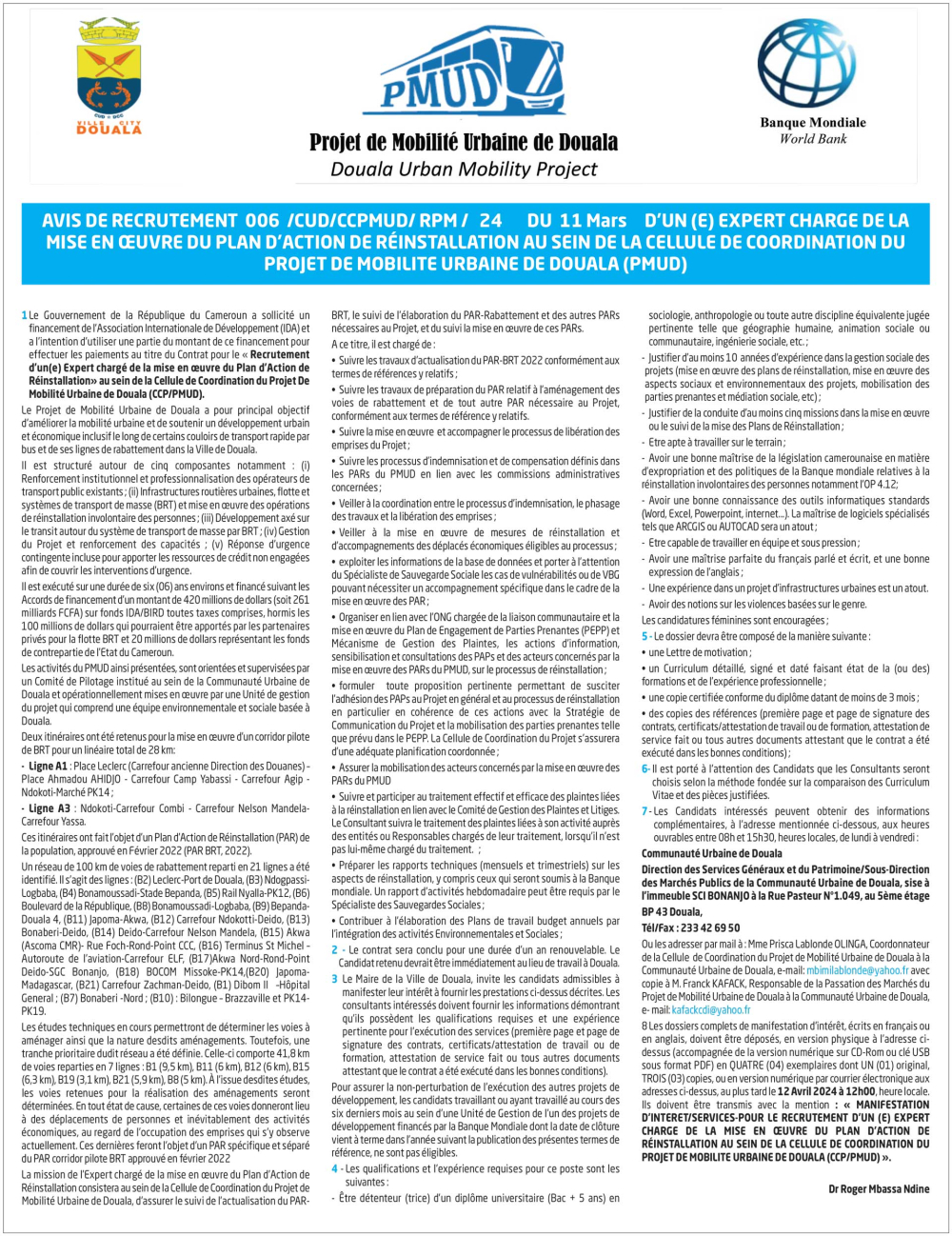Child Nutrition : The Risks Posed By Poor Diet
- Par Kimeng Hilton
- 21 oct. 2019 14:03
- 0 Likes

The United Nations Children’s Fund in a recent study warns that poverty, urbanization, climate change and poor eating choices are resulting in unhealthy diets for many of the world’s children.
“Despite all the technological, cultural and social advances of the last few decades,” said Henrietta Fore, UNICEF Executive Director, “we have lost sight of the most basic fact that if children eat poorly, they live poorly.” Commenting on the United Nations report entitled, “The State of the World’s Children 2019: Children, Food and Nutrition,” released on October 15, 2019 in New York, USA, the United Nations Children’s Fund chief warned that millions of children subsist on unhealthy diets for want of better options.
“The way we understand and respond to malnutrition needs to change: It is not just about getting children enough to eat; it is above all about getting them the right food to eat. That is our common challenge today,” Fore noted. The study found that at least 1 in 3 children under five - or over 200 million children - is either undernourished or overweight.
Almost 2 in 3 children between six months and two years of age are not fed food that supports their rapidly growing bodies and brains. This puts them at risk of poor brain development, weak learning, low immunity, increased infections and, in many cases, death, the report said.
Because of poor diet, the study discloses, 149 million of the world’s children are stunted or too short for their ages, while 50 million children are wasted or too thin for their heights. Some 340 million children - or 1 in 2 - suffer from deficiencies in essential vitamins and nutrients such as vitamin A and iron; and 40 million children are overweight or obese. The report warns that poor eating and feeding practices start from the earliest days of life.
Though breastfeeding can save lives, only 42 per cent of children under six months of age are exclusively breastfed and an increasing number of children are fed infant formula. Sales of milk-based formula grew by 72 per cent between 2008 and 2013 in upper middle-income countries such as Brazil, China and Turkey because of inappropriate marketing and weak support for the promotion of breastfeeding.
The report also notes that climate-related disasters cause severe food crises. Drought, for example, is responsible for 80 per cent ...
Cet article complet est réservé aux abonnés
Déjà abonné ? Identifiez-vous >
Accédez en illimité à Cameroon Tribune Digital à partir de 26250 FCFA
Je M'abonne1 minute suffit pour vous abonner à Cameroon Tribune Digital !
- Votre numéro spécial cameroon-tribune en version numérique
- Des encarts
- Des appels d'offres exclusives
- D'avant-première (accès 24h avant la publication)
- Des éditions consultables sur tous supports (smartphone, tablettes, PC)
















Commentaires